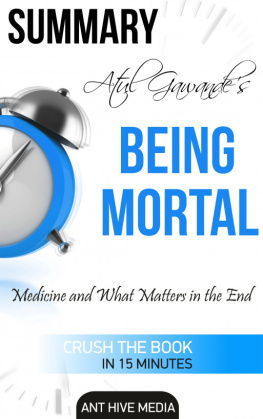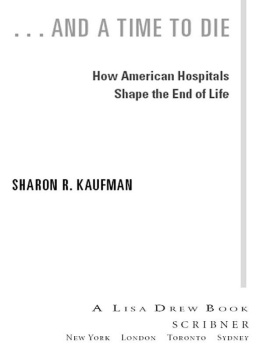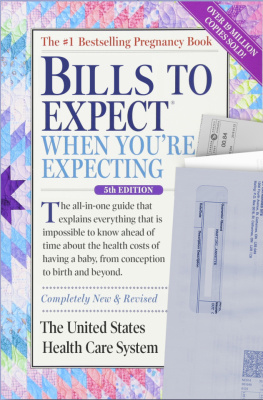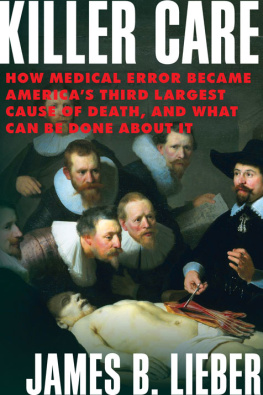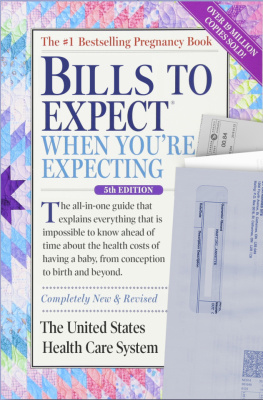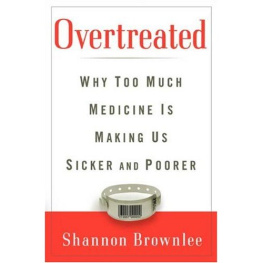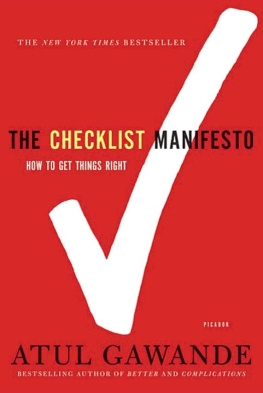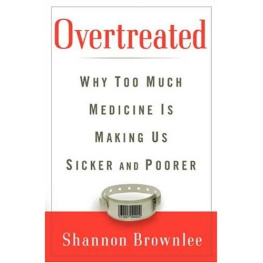
Copyright 2012 by Marty Makary, MD
This electronic edition published in September 2012
All rights reserved. No part of this book may be used or reproduced in any manner whatsoever without written permission from the publisher except in the case of brief quotations embodied in critical articles or reviews.
For information address Bloomsbury Press,
175 Fifth Avenue,
New York, NY 10010.
Published by Bloomsbury Press, New York
LIBRARY OF CONGRESS CATALOGING-IN-PUBLICATION DATA
Makary, Marty.
Unaccountable : what hospitals wont tell you and how transparency can
revolutionize health care / by Marty Makary.1st U.S. ed.
p. cm.
Includes bibliographical references and index.
1. Medical personnel and patient. 2. Patient education. 3. Health
facilitiesPublic relations. 4. Medical errors. 5. Medical care
Quality control. I. Title.
R727.4.M35 2012
610.73069dc23
2012007740
First U.S. edition 2012
eISBN: 978-1-60819-839-9
www.bloomsburypress.com
Dedicated to my father, whose integrity and compassion
in the care of cancer patients have inspired me to be a doctor
and to share my story.
Contents
When I told my friends I was going to write this book, many of them warned me, Your colleagues will hate you. But what happened was just the opposite. Doctor after doctor who read my manuscript told me that this story needs to be told.
At the center of this debate is a fast-growing movement of doctors pushing to make medicine less corporate and more personal. They refuse to keep secrets and they insist on being transparent about every option, risk, and mistake. The movement has no leader and no formal membership. But ours is a cause many health care professionals are as passionate about as the practice of medicine itself.
As a third-year medical student, I quit medical school in disillusionmentmodern medicine seemed as dangerous and dishonest as it was miraculous and scrupulous. The crowning moment came when I saw a sweet old lady I cared a lot about die after a procedure she didnt need and didnt want. Her doctors had pressed her to do it. I expressed my concern to them that she really didnt want this procedure and was frightened by the picture her doctors painted of what would happen to her if she didnt go through with it. Despite my protests to senior colleagues that the patient was misinformed and wanted to decline the operation, surgeons persuaded her otherwise. They operated. She developed a tragic painful complication and died three months later. That was it.
I wound up leaving med school, telling my supervising doctors that the medical culture didnt feel right to meit wasnt telling patients the truth. I enrolled in the Harvard School of Public Health, where I met doctors from around the world who were forming a new discipline in medicine: the science of measuring quality.
The foundation of this new academic initiative was an appreciation that the blockbuster growth of modern medicine had outpaced its ability to coordinate. Moreover, it had outpaced its ability to connect with patients. What I loved most about my new field of study was that I found myself among many students, doctors, and professors as upset about modern medicines collateral damage as I was.
Ultimately, I found that I missed patient care and a year later decided to finish medical school. I then began a six-year residency training to become a cancer surgeon. My current job has afforded me the honor of entering deep into the lives of thousands of wonderful people, some of whose stories I share with their permission here. (In some cases, to protect their privacy, I have used aliasesas I also have for some doctors, for reasons that will be obvious.)
As a busy doctor, I have watched patients increasingly fed up with a fragmented health care system littered with perverse incentives. Its an industry that does not abide by the same principles of accountability for performance that govern other industries. Instead, our health care system leaves its customers walking in blind. All while simply rewarding doctors for doing more.
From my earliest days as a medical student Ive wondered why the same patient wheeled off for heart bypass surgery in Houston might simply be given an aspirin in San Francisco. I have long considered it self-evident that good medicine is not location-specific; best practices are universal. Despite strong evidence that medical procedures should start with checklists, like those that pilots use before flying planes, most doctors did not use them, and to this day many still dont. Similarly, some notable hospitals choose not to staff their intensive care unit (ICU) at night with a doctor. Even more hazardous, a hospital can be well aware of its consistently high complication rate for a service it provides, yet have little or no incentive to do anything about it, leaving the public in the dark about its danger zones. Without publicly available metrics of a hospitals outcomes, how can Americans choose where to go? The only thing most people have to compare is parking.
Medicine is competitive, but it is competing over all the wrong things. In the past few years, experts who gauge the quality of medical care have formalized fair and simple ways to measure how well patients do at individual hospitals. These statistics are telling; they identify the good and the bad outliers within a town or city. If you had access to this data, youd know just where to find the best care in your area.
So why cant you get this information? Because Herculean efforts are made to make sure you cant. I was amazed when I first learned this. But then it hit me: A hospital is no longer the community pillar I knew growing up, with its altruistic mission guiding its decisions. Hospitals have merged and transformed into giant corporations with little accountabilityand they like it that way. Patients are encouraged to think that the health care system is a well-oiled machine, competent and all-wise. Its not. Its actually more like the Wild West.
As a surgeon who has worked in some of the best medical centers in the nation, I can testify that American medicine is spectacular in many ways. Patients travel from all over the world to receive our state-of-the-art care. American research is the envy of the world. Yet this same medical system routinely leaves surgical sponges inside patients, amputates the wrong limbs, and tolerates the overdosing of children because of sloppy handwriting. In 2010, a Harvard study published in the prestigious New England Journal of Medicine reported a finding well-known to medical professionals: As many as 25 percent of all patients are harmed by medical mistakes. Whats even less known to the public is that over the past ten years, error rates have not come down, despite numerous efforts to make medical care safer. Medical mistakes are but one costly example of how health cares closed-door culture feeds complacency about its problems.
Years after completing my medical training, I encountered one of my favorite public health professors, Harvard surgeon Dr. Lucian Leape, at a national surgeons conference. He opened the gatherings keynote speech by looking out over the audience of thousands and asking the doctors to raise your hand if you know of a physician you work with who should not be practicing because he or she is dangerous.
Every hand went up.
Incredulous at this response, I took to asking the same question whenever I spoke at conferences. And I always got the same response. Every doctor knows about this problembut few talk about it. Every day, people are injured or killed by a medical mistake that might have been prevented with a modicum of adherence to standardized guidelines. The silence about the problem has paralyzed efforts to address ituntil now.
Next page

